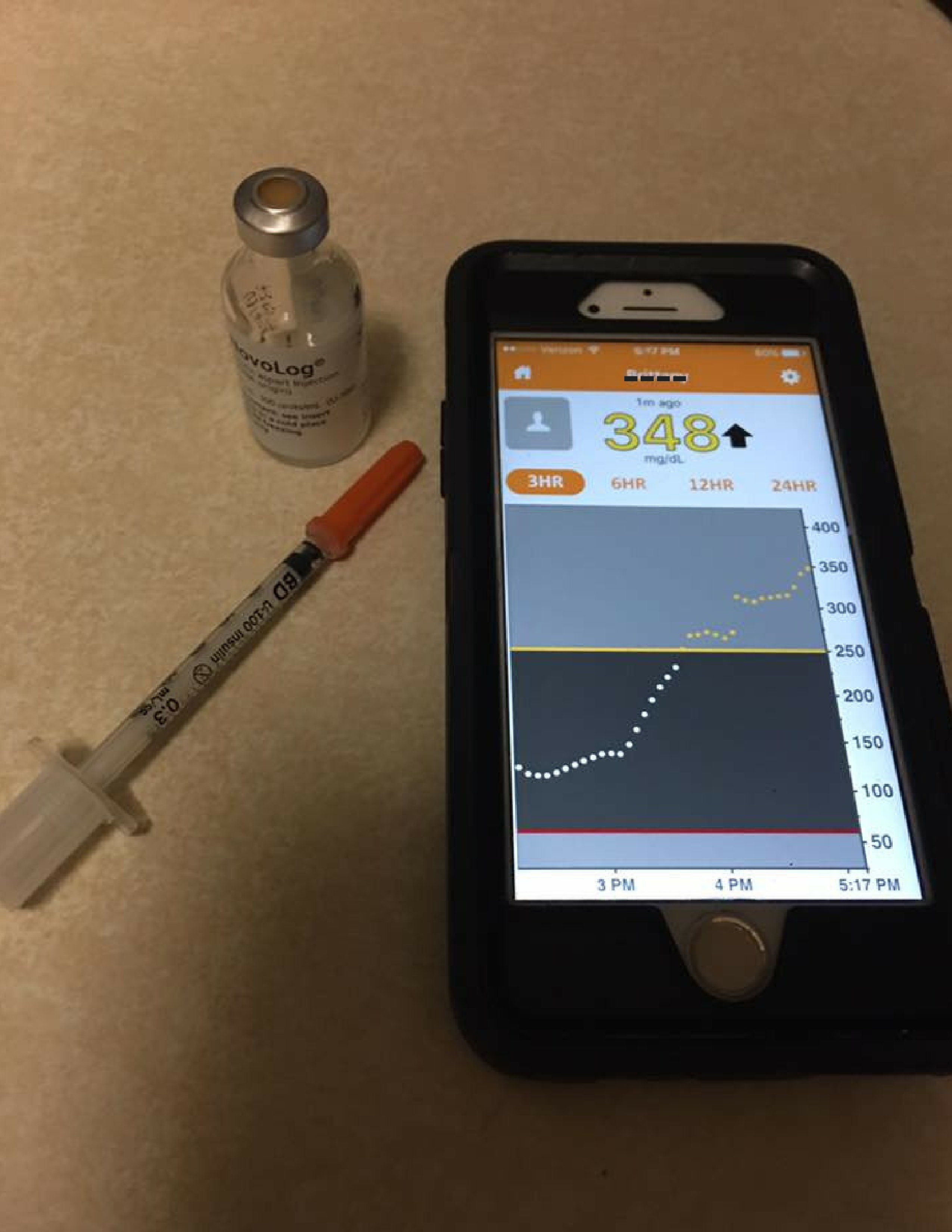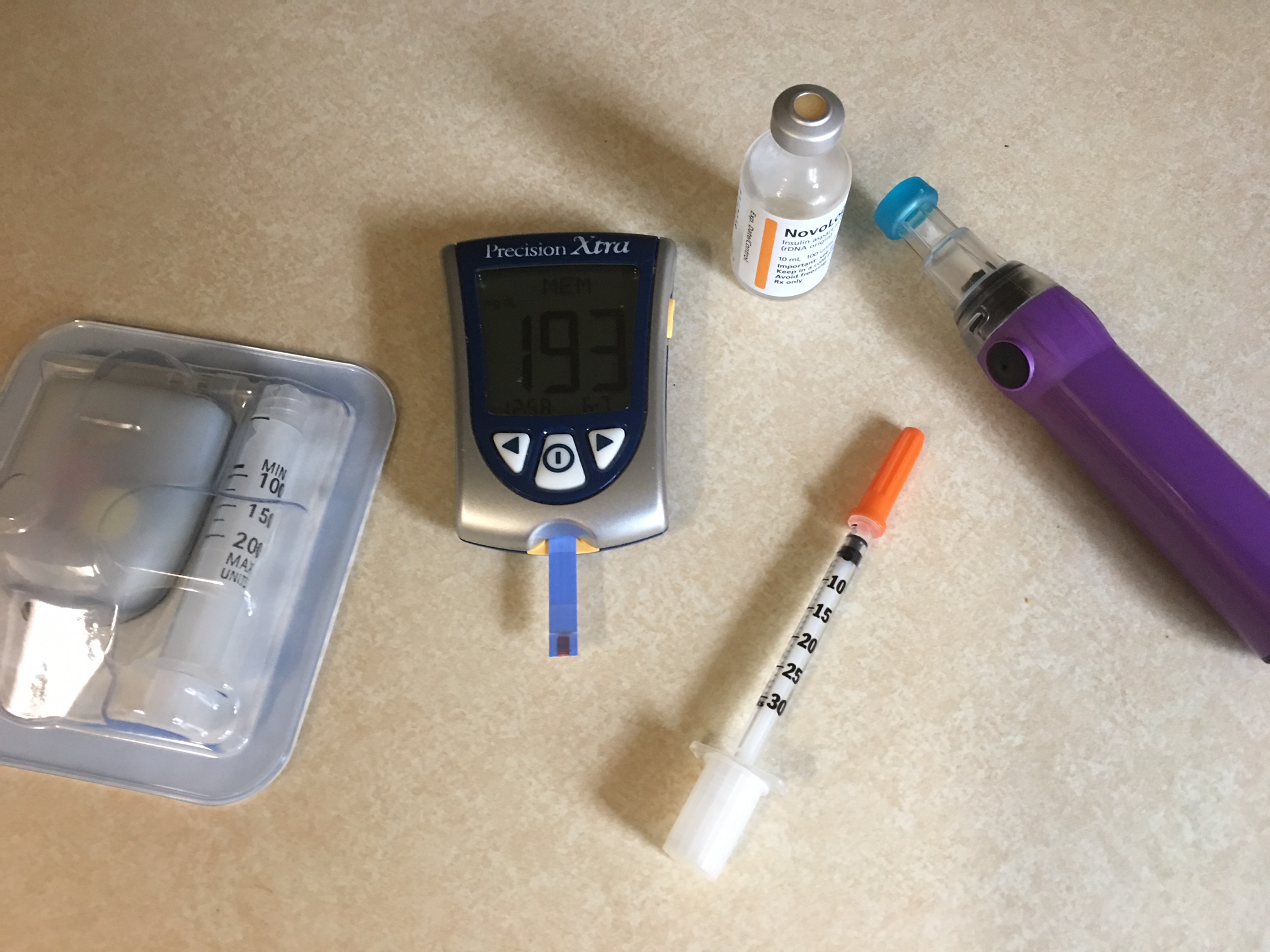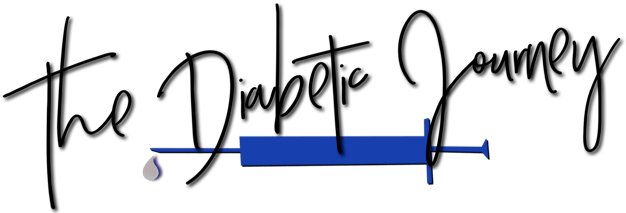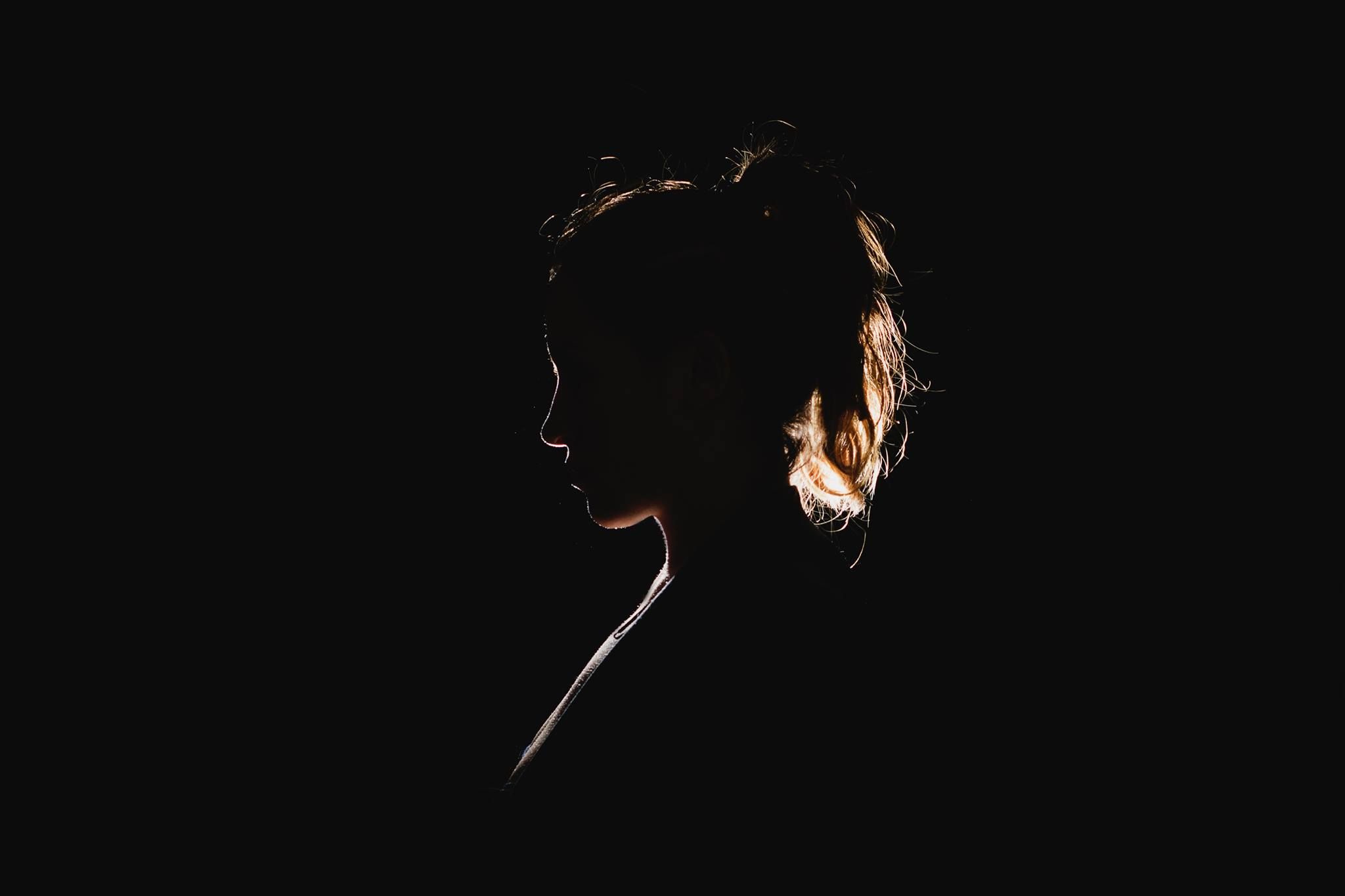What a High Blood Sugar Feels Like
Photo Credit: Xavier Sotomayor
The high blood sugars are what gets me. A high blood sugar is a blood glucose above 140 mg/dL. For me, the symptoms I experience with severe hyperglycemia don’t emerge until well over 250-300 mg/dL. The lows, while urgent and intensely serious are felt differently. I don’t like to compare the two evils but the highs can be just as debilitating and it leaves me feeling depleted.
It’s so hard to describe this pain that can’t be seen. I look fine on the outside but inside my body is fighting for energy and I’m suffering from the adverse effects.
In these moments all I want to do is cry but I have no tears. I can’t quench my thirst no matter how much water I drink. My whole body aches and I’m staring at the clock waiting for the insulin I’ve given myself to be absorbed; giving my body the relief and nourishment that I desperately need.

When my blood sugar is high I despise diabetes the most. When it’s high the minutes and possibly hours it takes for my blood sugar to come down is agonizing. I sit uncomfortably, restless, back and forth to the bathroom checking for ketones and blaming myself. When I know that with diabetes anything is possible. It’s absolutely torturous for anyone to have to go through this.
My heads pounding, I’m irritable and utterly exhausted. I feel like I’m being crushed by tons of weight. It feels like syrup is running through my veins. I can’t move. I can’t think. I can’t function properly. I feel useless. These are the moments that I beg and plead to just get back to where I was before the high blood sugar. I become grateful for the bad days that weren’t as bad as this.
The high blood sugar could have been caused by a pump malfunction, hormones, stress, illness, wrong dosage, or any number of different things. The fact that things I can’t control can cause this is startling and frustrating. All I can do is try my hardest and hope for the best. But sometimes my best doesn’t cut it.
Once my blood sugar does start to lower I feel like I’m taking in a breath of fresh air. There really isn’t a better feeling than knowing I’m going to feel better soon. That these symptoms are going to diminish and I’ll start to feel myself again. My mood starts to shift and the brain fog slowly goes away. The exhaustion lingers for the rest of the day, but thankfully I’m much better.

I feel conquering despite my defeats because even at my weakest points I still fight these unfathomable challenges. These battles are never seen nor felt by anyone besides those who battle diabetes. One that I’ll have to fight more than once.
— DKA is a serious life-threatening medical condition caused by high glucose levels. This blog content is not medical advice. If you have questions concerning your health please seek attention from a medical professional.



